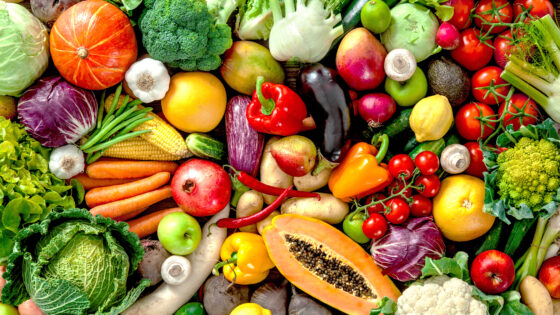Blog 1: Brexit – Understanding logistics and supply chains
To: Dr Andrew Grainger Trade facilitation expert extraordinair Nottinghamshire, England, UK
Breda, 1 February 2021
Dear Andrew,
We are in the midst of a crisis, and desperately trying to get our vaccine logistics to work. The Netherlands needs to reach a target to inoculate 1 mln people per week by the end of February to achieve broad immunity. We are currently nowhere near that target. The UK, in contrast seems to move much more quickly.
Amidst all these troubles, we also need to think about other challenges, such as the implementation of the Paris Climate Agreement in the Netherlands (and solving a self-induced nitrogen crisis), ànd Brexit. Even in the Corona crisis, Brexit pops up, because I think we are finding out that the shortages of AstraZeneca vaccine seem to have some sort of UK vs Continent dimension.
There is another link that is perhaps more interesting to discuss, and that is the general understanding of logistics and supply chains by the general public and, more importantly, policymakers. This understanding is very limited and increases our problems.
We see this in the Netherlands in the roll-out of the vaccination strategy, that is based on existing structures for flu vaccination and regional care organisations. Normally, these structures work well, but in a crisis, that is characterized by scarcity and strong politicization of decision making, we have ended up with a patchwork of a vaccination system that has many flaws. It leaves little flexibility to professionals to do their job, it restricts capacity to achieve targets, and it has people (civil servants especially) at the various helms who do not understand the tasks laid before them.
In Brexit, we also see many instances of this lack of understanding among policymakers. Even among an expert organisation such as Customs, their first response was: more work = more people. Dutch Customs has hired almost 25% more people in the last two years. To be fair, the response is now much more elaborate, but has also become more complicated. The IT landscape of Dutch Customs is in transition until 2023, with the ‘old’ e-commerce system Venue now being reserved for UK-related declarations to relieve the regular declaration system AGS, which will be replaced by a new system.
Another example is the unforeseen consequences of the trade deal, which offers the possibility of zero-tariffs, but only if administrative requirements, such as a European origin certificate, are met. It would be interesting to know if the negotiators realised that this does not sound like much, but requires one more administrative process to be accommodated somewhere in the supply chain.
A final issue, for now, is the transit problem: traffic from the EU to Ireland can drive through de UK, but some sort of transit scheme needs to be in place to avoid declarations and supervision in the UK. The Customs website in Ireland clearly points at a logistics chain problem, where all parties (at least five) need to know who is responsible for what in order to have uninterrupted transit. The current procedure is apparently so challenging that large operators have stopped their services.
What I would conclude from this is that the combination of economic activities that involve many different parties and administrative burdens is an explosive cocktail for businesses. It is apparently very difficult for policymakers to foresee these problems, although there have been many warnings, which – at the same time – were not very specific.
How do you view this? You have worked for quite some time on impact assessments of Brexit on trade to and from the UK (and Ireland). One would expect that these reports, trainings and consultations should have resulted in a better understanding of challenges. Are there examples where preparation and policymaking have averted great burdens for businesses?
Hope you and your family are well and stay safe
Albert
Read here the letter of Andrew
Geef de eerste reactie




